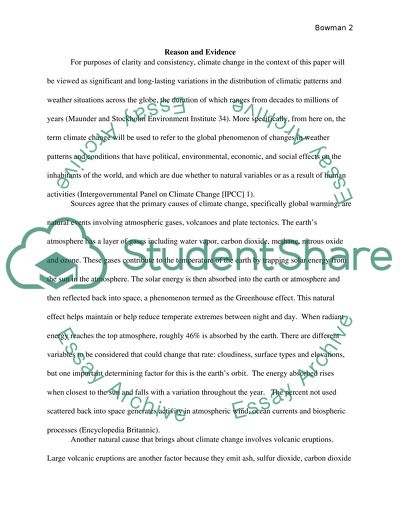Cite this document
(“Climate Change: Do Human play a part in its Existance Research Paper”, n.d.)
Retrieved de https://studentshare.org/english/1390475-climate-change
Retrieved de https://studentshare.org/english/1390475-climate-change
(Climate Change: Do Human Play a Part in Its Existance Research Paper)
https://studentshare.org/english/1390475-climate-change.
https://studentshare.org/english/1390475-climate-change.
“Climate Change: Do Human Play a Part in Its Existance Research Paper”, n.d. https://studentshare.org/english/1390475-climate-change.


